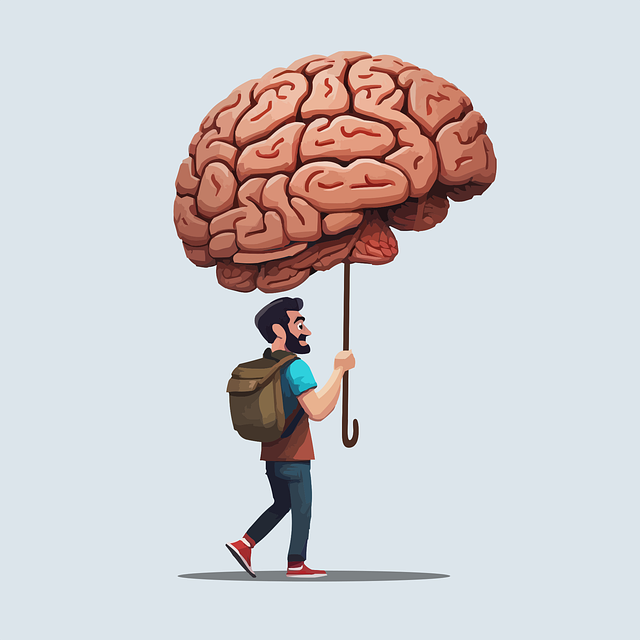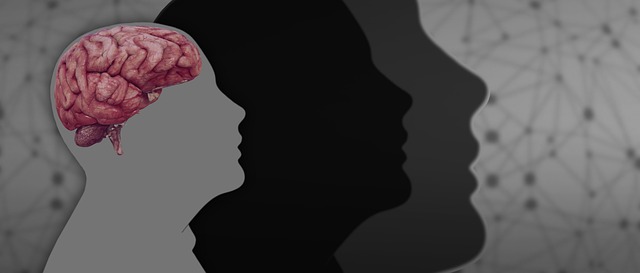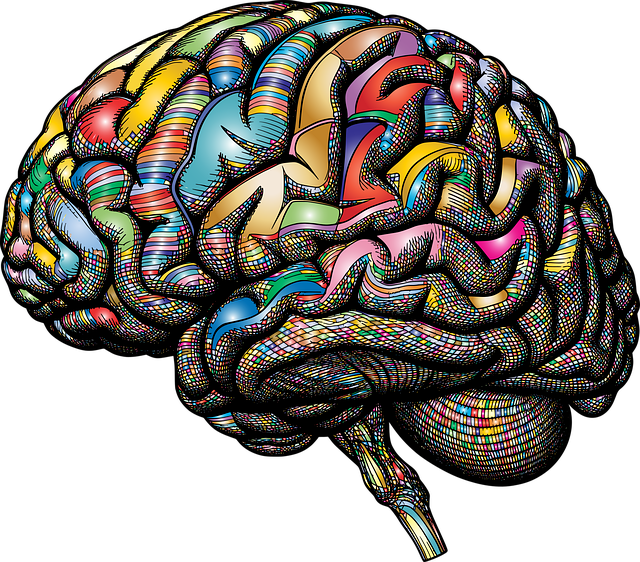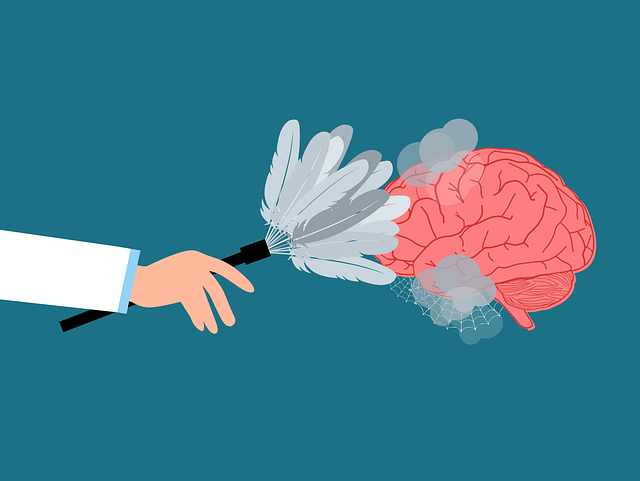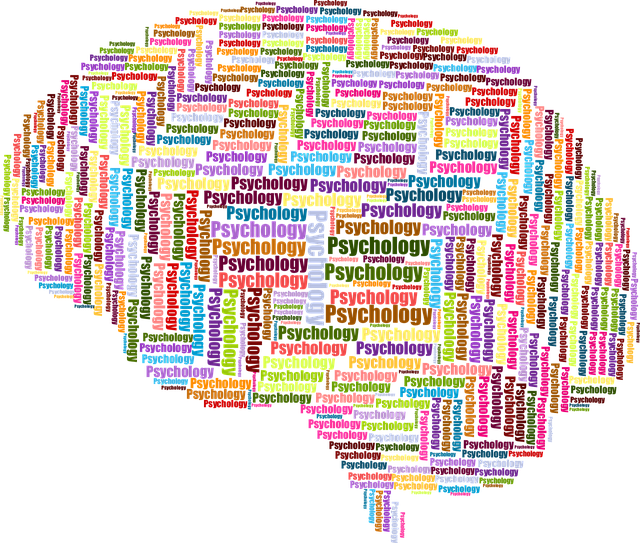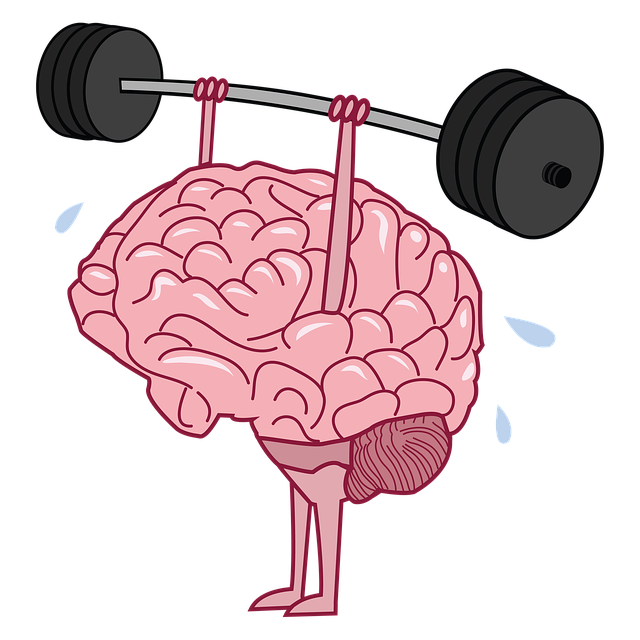Emotional intelligence (EI) is a powerful tool for individuals with learning disabilities, transforming their therapy outcomes and overall well-being. By focusing on self-awareness, empathy, and social skills through targeted interventions like mindfulness practices and tailored education, mental health professionals empower them to better navigate emotional challenges and social interactions. This approach not only improves academic performance but also fosters inclusive education and robust mental health policies, ultimately enhancing their quality of life. Specifically, therapy for learning disability that integrates EI strategies leads to improved decision-making, stronger relationships, and enhanced social integration.
Emotional intelligence (EI) is a powerful tool for navigating life’s challenges, especially for individuals with learning disabilities. This article delves into the world of EI, exploring its profound impact on those facing learning difficulties. We break down key components such as identifying emotions and developing self-awareness, offering strategies to enhance social awareness and provide valuable insights for therapists working with learning disabilities through EI-focused therapy.
- Understanding Emotional Intelligence and its Impact on Learning Disabilities
- Identifying Emotions: A Fundamental Step in Building Emotional Intelligence
- Developing Self-Awareness: Key to Effective Regulation and Management
- Enhancing Social Awareness: Recognizing and Responding to Others' Emotions
- Strategies for Improving Emotional Intelligence in Individuals with Learning Disabilities
Understanding Emotional Intelligence and its Impact on Learning Disabilities

Emotional intelligence (EI) is a crucial aspect of human interaction and personal growth, particularly relevant when addressing learning disabilities. Recognizing and understanding EI involves recognizing and managing one’s own emotions and empathizing with others’ feelings. This ability can significantly impact individuals with learning disabilities by enhancing their social interactions and academic performance.
In the context of therapy for learning disabilities, promoting emotional intelligence can be a game-changer. Mental health professionals play a vital role in conducting risk assessments to identify emotional challenges associated with these disabilities. Through tailored interventions, they can teach effective emotional well-being promotion techniques, fostering self-awareness, and empathy. This holistic approach not only supports academic goals but also contributes to the development of strong mental health policies, advocating for inclusive education and enhanced support systems.
Identifying Emotions: A Fundamental Step in Building Emotional Intelligence

Identifying emotions is a fundamental step in cultivating emotional intelligence (EI). It involves recognizing and understanding your own feelings as well as those of others. This ability to discern subtle emotional cues is crucial for effective communication, empathy, and building strong relationships. Through therapy for learning disabilities or other mental health support, individuals can learn strategies to enhance this process. Developing a robust self-care routine can also play a significant role in improving emotional awareness by creating space for introspection and reflection.
By fostering inner strength through resilience building exercises, one gains the capacity to navigate challenging situations with grace. This includes managing intense emotions constructively rather than reacting impulsively. Integrating practices that promote mindfulness or emotional regulation into daily life can help individuals become more attuned to their feelings, thereby enhancing their EI and overall well-being.
Developing Self-Awareness: Key to Effective Regulation and Management

Developing self-awareness is a cornerstone of emotional intelligence, enabling individuals to recognize and understand their emotions, as well as the impact they have on their thoughts and behaviors. This introspective practice forms the basis for effective emotional regulation, allowing folks to manage their feelings constructively. When we’re aware of our emotional states, we gain valuable insights into our triggers, strengths, and areas that require growth. This self-knowledge empowers us to make conscious decisions about how to respond in various situations, fostering healthier relationships and improving overall well-being.
For those with learning disabilities, therapy can play a pivotal role in cultivating self-awareness. Mental health education programs designed specifically for these individuals can teach strategies for identifying and managing emotions, thereby enhancing their emotional intelligence. Social skills training is another valuable component, equipping them with the tools to navigate social interactions more effectively, which is crucial as social connections significantly impact mental health. By addressing these aspects through tailored interventions, individuals with learning disabilities can develop a stronger sense of self-awareness, leading to better emotional regulation and improved quality of life.
Enhancing Social Awareness: Recognizing and Responding to Others' Emotions

Social awareness is a cornerstone of emotional intelligence, and recognizing others’ emotions is a vital skill to cultivate. It involves being attuned to both verbal and non-verbal cues, such as facial expressions, tone of voice, and body language. This ability allows individuals to understand the feelings and perspectives of their peers, fostering deeper connections and more meaningful interactions.
In the context of therapy for learning disabilities, promoting emotional well-being through social awareness can significantly impact a person’s overall development. Community outreach program implementations that emphasize emotional intelligence enable individuals to better navigate social situations, leading to improved communication and stronger relationships. By learning to recognize and respond appropriately to others’ emotions, people with learning disabilities can enhance their social integration and overall quality of life.
Strategies for Improving Emotional Intelligence in Individuals with Learning Disabilities

Improving emotional intelligence (EI) is a vital aspect of supporting individuals with learning disabilities. These individuals often face unique challenges in recognizing and managing their emotions, which can impact various areas of their lives. One effective strategy is through therapy tailored for learning disabilities, focusing on social and emotional learning. Such therapy helps them develop self-awareness by teaching them to identify their feelings and the triggers associated with them.
Additionally, mental health awareness programs designed specifically for this population can offer valuable tools for coping. These initiatives aim to enhance their ability to understand others’ emotions, fostering better relationships and reducing instances of social isolation. By integrating activities that promote emotional expression and stress management, such as mindfulness exercises and creative outlets, individuals with learning disabilities can learn healthy ways to navigate and prevent depression and anxiety, thereby improving overall mental health awareness.
Emotional intelligence (EI) is a powerful tool for improving outcomes in individuals with learning disabilities. By understanding and managing emotions, as discussed in this article, therapists can facilitate significant progress in social interactions and academic performance. Implementing strategies to enhance self-awareness, identify emotions, and develop social awareness can lead to more effective therapy for learning disability issues. These steps are crucial in empowering individuals to navigate their emotional landscapes and achieve better academic and personal success.
